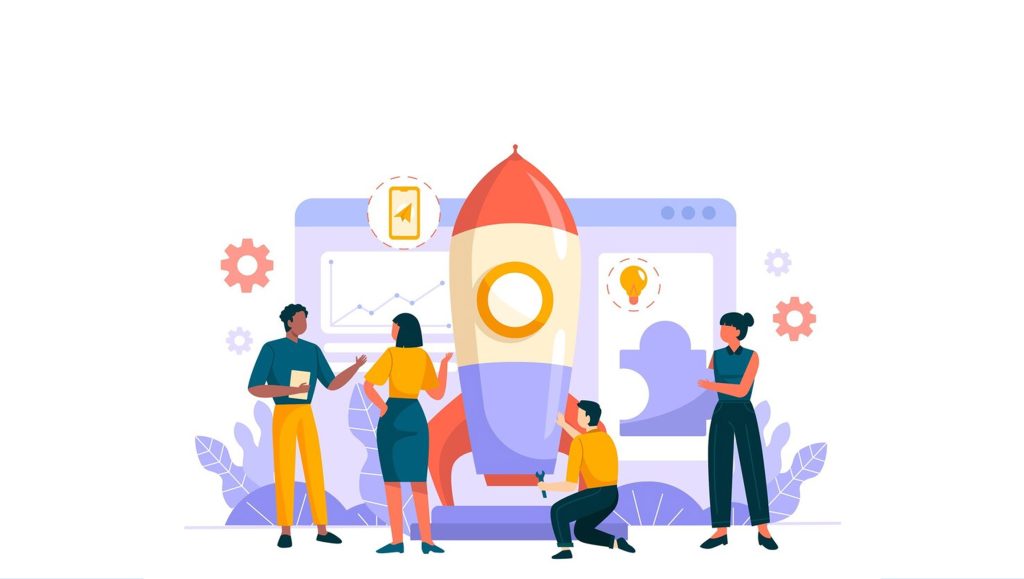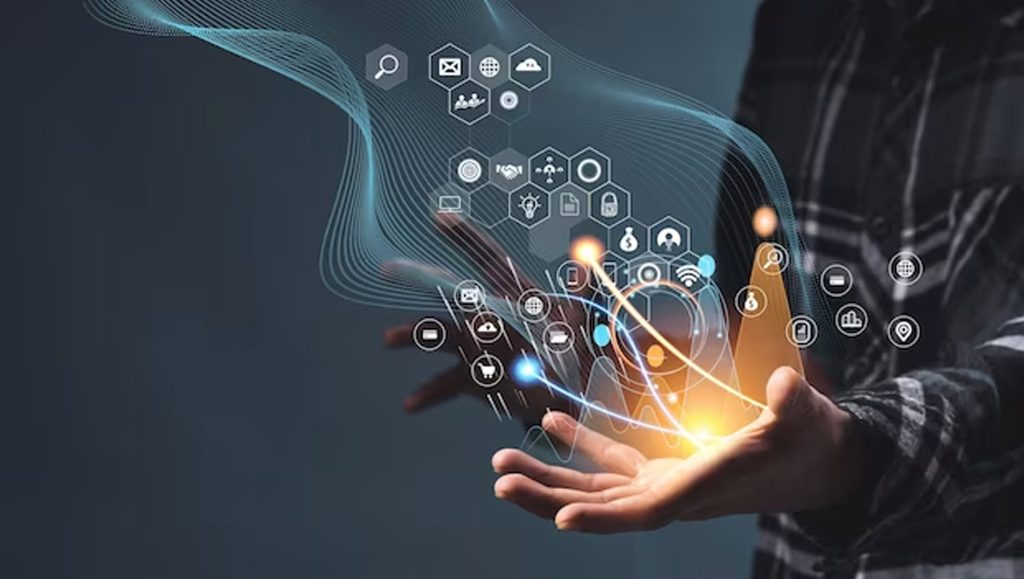Digital demand across the world touched new heights during the pandemic. Now, companies are slowly settling into this ‘new’ normal pattern of working. But there are still some aspects of business that would never return to the old ways, including B2B sales. Though, it is important to mention here that even before the pandemic, B2B sales were slowly moving online, just like B2C sales. But COVID-19 has accelerated this transition, and now an increasing number of companies are taking their B2B operations online.
As a matter of fact, almost 50% of B2B tech sales are now being completed through digital mediums. This bodes well for the future of B2B commerce and indicates the future direction that this segment of sales would take. Read on to learn more about the evolution of tech sales and what it means for companies.
Evolution of B2B Tech Sales
Traditionally online channels for completing B2B sales were considered only for small and simple transactions of up to a certain value. But as customer expectations evolve and new digital reality becomes the new standard, many businesses have now started transitioning to online channels for B2B tech sales.
In fact, over 70% of B2B customers have reported that they are now considering making online purchases of over $50,000, and almost 27% of them admitted being open to online purchases of over $500k. Traditionally, in order to secure prominent B2B deals, salespersons were required to toil in the field, hold meetings with the buyers, and conduct multiple rounds of negotiations. The focus in this sector used to be on relationship-building and customized offerings for the customers, but this has changed now. An increasing number of B2B buyers have admitted to preferring online interactions while purchasing instead of in-person negotiations. This proves that if the digital experience is right, the potential for online B2B tech sales is immense.
Read More: SalesTechStar Interview with Michael Walton, VP Product, Sales Hub, HubSpot
Future of B2B Tech Sales
While the pandemic is no longer in the picture, the B2B tech industry has evolved considerably during this period, and the trend is expected to continue in the coming years as well. Here are some trends that will rule the roost when it comes to B2B tech sales in the times to come: –
1. Artificial Intelligence and Automation:
AI-powered solutions have emerged as the saviour for many business operations. By automating the tasks, AI assistants have evolved to the point that they are able to offer relevant answers after comprehending human requirements. This allows companies to cater for customers with a better experience and also optimize the manpower requirements on the basis of priority.
It is expected that in the times to come; AI tools will become more intuitive and deliver even better experiences. The rapid pace at which technologies like machine learning and natural language processing are evolving bodes well for B2B tech sales. More companies will use CRM tools to automate their processes, like pipeline management, to ensure seamless B2B tech sales.
2. Cloud Technology:
Cloud technology has allowed salespersons and other marketing personnel excellent flexibility in operations. Professionals can access systems from anywhere and offer customized solutions for customers in real time. In the coming days, cloud integration will gather pace and companies that will transition to cloud infrastructure will hold considerable advantages over others. Benefits such as lower costs, no setup time, and better data security will prove to be the differentiator going forth.
3. New Technologies:
When it comes to B2B tech sales, digital experiences must offer a seamless journey for the customers across all channels. As digitalization is rapidly increasing customer touchpoints, point-of-sale transactions are also expanding rapidly. Digital channels and the latest technology that has become a part of B2C transactions must now also be replicated in B2B tech sales.
In the coming days, there will be a growing demand for connecting commerce with IoT, voice platforms, smart devices, and AR-VR platforms. This would require B2B sellers to integrate all their services with customer platforms for a seamless experience.
4. Big Data:
Every company knows that the future of B2B tech sales will be highly impacted by the way they handle big data. This technology presents the great potential of optimizing most aspects of B2B marketing. Companies will be able to collect, analyze and leverage the data accurately to standardize their operations. Some of the benefits that organizations stand to gain through big data are: –
- Data insights to define potential customers in a better way.
- Using predictive analysis to forecast trends based on past trends.
- Optimize customer experiences by better understanding the performance of different strategies.
B2B tech sales have become extremely complex. Buyers are actively looking for data on product pricing, specifications, compatibility, and several others. B2B sellers must leverage the latest technology in the operations to deliver a seamless user experience and maintain relevance in this rapidly evolving segment.























